Words of wisdom - the importance of having a mentor
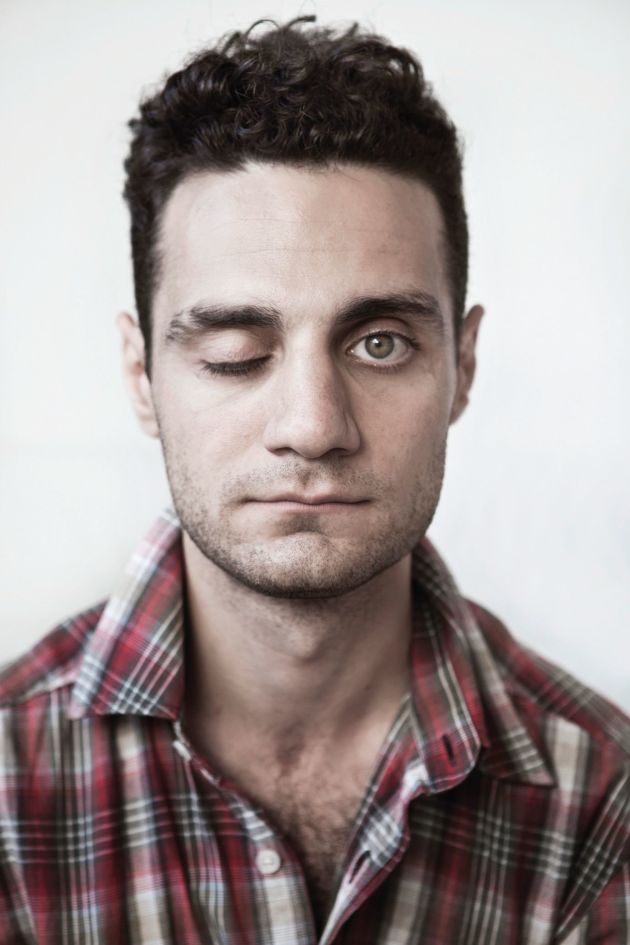
It happens on a daily basis; young medical students devoting endless hours to shadowing the hospital’s finest surgeons, journalism graduates learning the ropes from the veteran news-breakers and tradesmen have long been accepting apprentices to encourage the workforce to grow. Through mentoring, knowledge from the industry’s finest is being passed on to the next generation. This mentoring practice is by no means new to the photography industry. Many emerging photographers are being encouraged to approach the experts in order to better understand the actual workings of the industry and get a practical insight that goes beyond what a formal education can provide.
Meanwhile, professionals are eager to share their skills and expertise and take emerging photographers under their wing. Some mentors even confide that they feel that they have learnt more from their mentee than what they have offered to those they have mentored. The mentor/mentee connection is certainly an important one, but like many relationships, some boundaries need to be identified. Knowing how to find a mentor, how to be mentored and what a mentor can really teach a mentee are important steps in the process.
Finding a mentor
With more and more student photographers undertaking courses at universities, TAFE and colleges, the ratio of prospective mentees to mentors is somewhat skewed. Melbourne-based advertising photographer Chris Budgeon, mentors two photographers each year but receives a mountain of e-mail requests from students. “All the e-mails come at the same time of the year, when university returns, and it’s really just pot-luck as to which one catches my eye. One will grab me at the right time and I’ll click on the link and look at their work. If it’s reasonably good, I’ll ask them to come in for a chat with me.” Budgeon explains that he’s completely non-committal until he talks with the emerging photographer: “I need to know their personality and understand their attitude towards work so that I know we could potentially get along.”
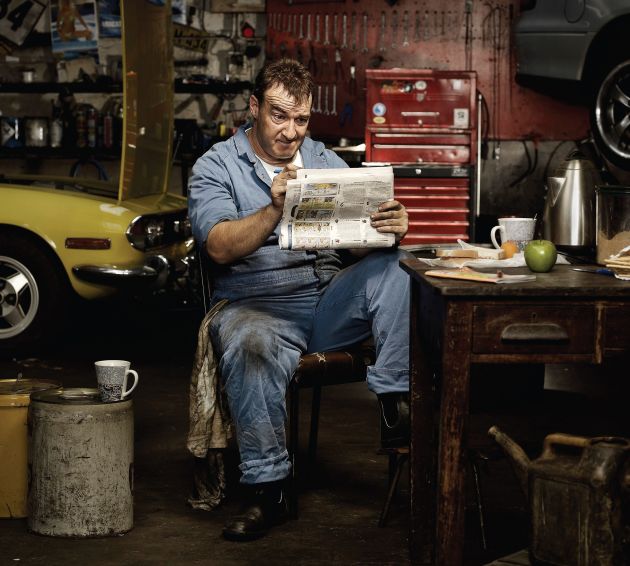
Other mentors by-pass this screening test. Delly Carr, a freelance sports photographer for 25 years says: “I never say ‘no’ to requests for help but there are some filters that need to be used. If someone comes to me with their new camera and says ‘I really want to do sports photography’ then I’ll tell them that they need to start at the beginning, build a portfolio by shooting kids playing sport and to come back to me when they have put this together. They need to understand the building blocks first.” Carr’s own mentors, Vedat Acikalin and Gilbert Rossi, gave him the same advice. He also explains that what a mentee wants to learn from their mentor needs to be identified and clear in their own mind before they approach a photographer and ask to be mentored.
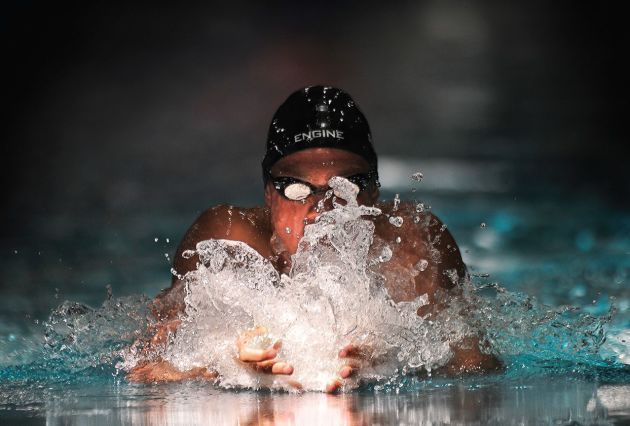
Other mentors, like Brisbane-based commercial photographer William Long, says there is one rule for mentees: “Make sure your mentor is a good teacher. You could have the most skilled, qualified, passionate and creative photographer offering advice but unless they’re good teachers, their wisdom will be wasted.”
Sally Brownbill, creator of The Brownbill Effect, a creative directory for photographers, says that a mentor doesn’t even have to be a photographer. “A mentor can be someone whose work inspires you or whose work ethic you admire. For an emerging photographer, a mentor could really be anyone in the creative industry. It’s someone who can offer you objective advice and who is respected in their industry.” Mentoring is about establishing an on-going relationship with a professional and developing an understanding that they’re someone whom an emerging photographer can go to, again and again, even when they become professionals themselves.

The mentoring process
How a mentor shares their knowledge is largely dependent on what the mentee wants to learn. And typically the process is informal. Known to his mentees as the ‘Delly-Lama’, Carr says that he often e-mails his mentees and critiques the photos they send him, talks to them over the phone and offers them advice on business aspects of photography. On rarer occasions, he invites them to assist him shoot certain sporting events.
One of Carr’s mentee, Jaimi Chisholm, was an athlete when they first met. After racing in the Triathlon World Championships in 2009, she wanted to pursue sports photography and sent Carr, whose work she had admired, an e-mail asking to catch up. She says that having one-on-one advice and hands-on experience under a professional’s eye is invaluable. “Having someone who not only supports, but also understands your photography ambitions is special. I see Delly as an absolute rock star; not only an incredibly skilled sports photographer but as a genuinely top person and friend.”
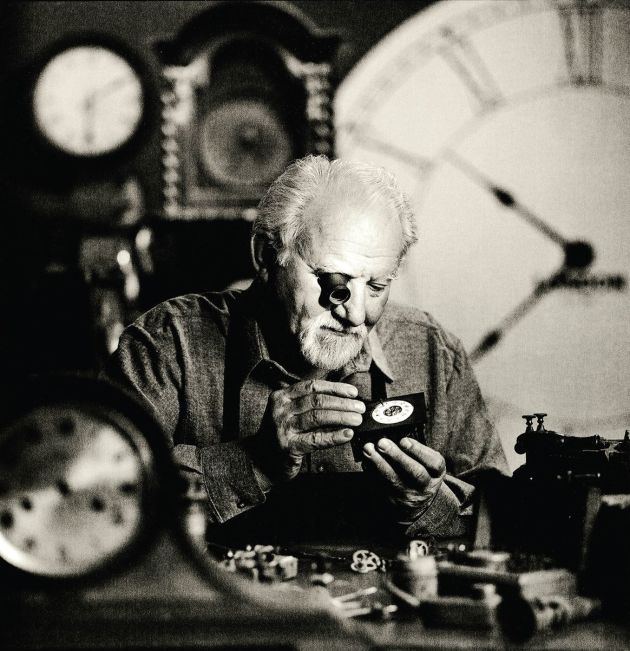
Chris Budgeon works with his mentees in a similar manner to Carr: “I travel a lot and some mentees ask to spend a month working with me, and this just isn’t possible. It’s important that a mentor sets boundaries and that we understand each other’s expectations. What works best for me is for the mentee to come visit me once a month or so, where I give them time to let them show me their work. It’s not work experience; they don’t have to be there 24/7. It’s more about offering your advice through an e-mail or an occasional visit, coaching them and watching their progress.”
New York-based photographer Simon Harsent, whose photographs feature on campaigns for some of the world’s best known brands, has a more practical approach to mentoring. “I ask my mentees to start on a new project and give them certain restrictions to work with. I think the reason people lose their way with personal work is lack of direction and too many choices.
By putting restraints on the creation process of a project, it teaches the person to be focused on the task rather than get distracted. I often tell them to tape over the screen on their camera and spend a day shooting intuitively.” Harsent’s hands-on approach helps those mentees who have difficulties expressing their ideas into pictures: “I don’t do business mentoring. It’s not how I think and to be honest, I’m interested in the work and the person creating it. I try to mentor people who are more into the art than people concerned with working out how to run a business.”

However, each mentor has their own teaching style and Sydney-based Alex Weltlinger says that while it’s important to understand the creative side, mentees often lack the fundamental knowledge about how to make photography a full-time profession. “I offer advice about the most basic things, like how to put a quote together and how to price work. It’s important that we have this circle of creativity and it’s a privilege to pass on these skills, but they’ll be wasted unless someone knows how to run a business and in the end, photography is a business.”
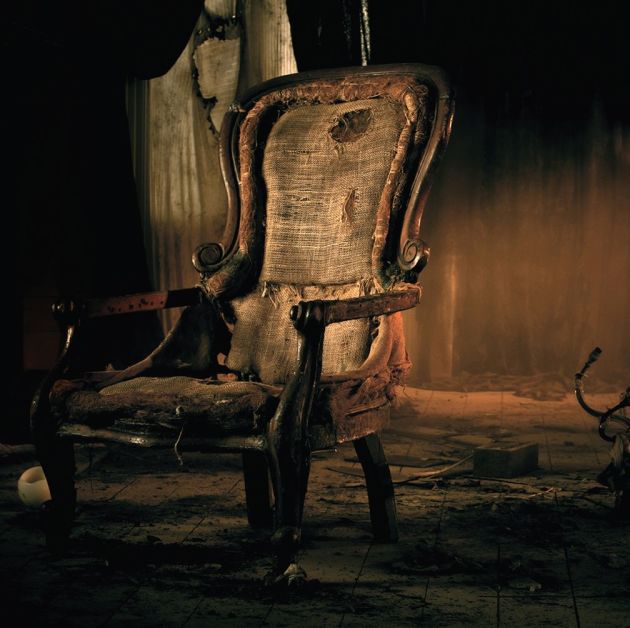
Carr couldn’t agree more: “Business advice is the number one piece of advice I give. I’m not sure what they’re teaching students, but sometimes those wanting help approach me and they don’t even have a business card. Mentoring has to be a holistic approach; it’s about pricing, it’s about marketing and it’s about the clients. I once had a mentee come and sit with me while I made calls to clients. She learnt how speaking with people and building strong relationships is often the core of being a successful photographer. It’s all these facets of the field that I like to teach.”
William Long enjoys devoting his time to mentees through one-onone sessions and also stresses the importance of teaching the business basics of photography: “My mentee comes in and they shout ‘I got my picture published’ and I think ‘Whoop-di-do’. I sit them down and ask whether they have sent an invoice yet, and invariably the answer is ‘no’. This basic business advice is essential.”
How mentees help mentors
It’s true that a mentor needs to devote their time and effort into really guiding their mentee, but more often than not, their mentee will help them in return. These benefits often come with time when a mentor can trust their mentee and a friendship has been established.
“Mentoring is all about keeping one’s ears and mind open,” Long says. “When I get to really know someone and what they’re capable of, I stop and think, ‘Hey, let’s swap’. I had a mentee who was great at marketing. I don’t like promoting myself with the awards I win but they gave me valuable advice on how to really sell myself as a photographer. Another mentee was a real tech-type and he gave me tips on how to better use certain technologies.”

Carr says it’s about swapping knowledge for knowledge. He also had a mentee who was very tech-savvy. “I was helping him with his work, offering advice, and he was getting me up to date with the digital side of things. I can use Photoshop and all that but I put one coat of paint on my image and he put another five when it came to editing.” Carr also believes that mentees have the unique ability to re-inspire. “It’s their wide-eyed enthusiasm which makes me remember why I chose this job in the first place.” Harsent also believes in the on-going value of mentoring: “We all have mentors to a certain degree. As much as they are learning from me, I am also learning about myself through them. Quite often you can see how what stops people in their early years as an artist is similar to what stops you as a seasoned photographer.”
What makes a good mentee?
According to Long, too many mentees don’t take on the advice offered to them. “It’s really frustrating when you spend a long time with a mentee, giving them advice on how to approach something and they go off and do exactly what you told them not to do.” Budgeon says that the biggest issue he has with mentees is when they waste the mentoring opportunity. “If someone goes to the effort of organising to meet with you, and they’re willing to review your photos, then use them for all they’re worth.” Carr also says that mentees need to embrace the opportunities given to them: “I have mentees sit with me at the end of a shoot and we’ll be editing photos together, and they ask if they can go home before we’re finished the job”
One common error that mentors frequently see is emerging photographers that fail to grasp just exactly what is really involved in being a working professional. They also suggested that it’s imperative for those coming through the ranks to be more willing to accept opportunities presented to them.
Brownbill believes that it’s important that a mentor is more than just a teacher and that a friendly relationship should begin to build. “It’s not a dictatorship. You should share other interests with each other, not just photography, otherwise the whole process becomes a drag.” Brownbill isn’t suggesting that a mentees need to invite their mentors over for dinner, but rather inspire each other through conversations. Harsent reiterates Brownbill’s advice: “Having a dialogue with people about their work is the most inspirational thing you can do, whether they are just starting out or have been shooting for years. You can teach people how to take pictures but you can’t teach them to be artists; you either have it or you don’t. However, you can help people to express themselves.”
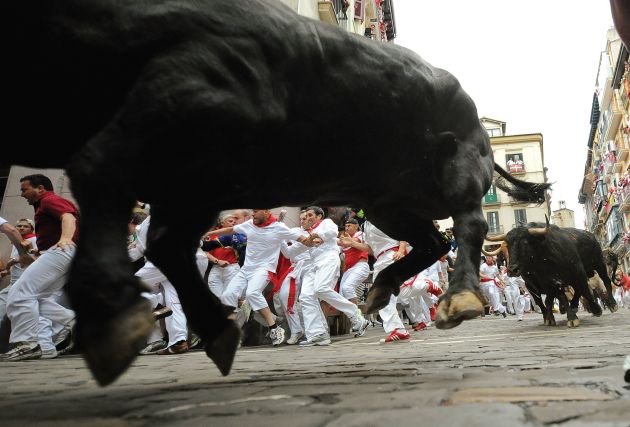
Jaimi Chisholm agrees that a mentor should not be expected to teach motivation or passion: “You have to be proactive with the way you approach your photography. You have to want it and be prepared to work to gain opportunities. It’s not only your shooting capability, work ethic and ‘having the eye for it’, but also your personality that will carry you.”

And finally, for any time that a mentor devotes to a mentee, it’s a ‘thank you’ that they expect, at the very least, in return. Rachel Marsden, who was once a mentee to Joachim Froese and is now a destination wedding photographer and mentor herself, knows the importance of this: “It’s nice to be appreciated. I had one mentee who I gave up four hours of my time to help and I didn’t receive any kind of thank you for it. I won’t be quick to help him again whereas most of my other mentees, I’m more than happy to answer additional e-mails or questions they might have,” she says.
In the end, the most important lesson is to pass-on what was passed onto you. “So often my mentees say ‘I wouldn’t have got that shot without a mentor’ and that’s what really highlights the importance of mentoring,” says Carr.
CONTACTS
Sally Brownbill - sallybrownbill.com
Chris Budgeon - www.chrisbudgeon.com
Delly Carr - www.sportsphotography.com.au
Jaimi Chisholm - jaimichisholm.com
Simon Harsent - www.simonharsent.com
William Long - longshots.com.au
Rachel Marsden - www.rachelmarsdenphotography.com
Alex Weltlinger - www.alexweltlinger.com

